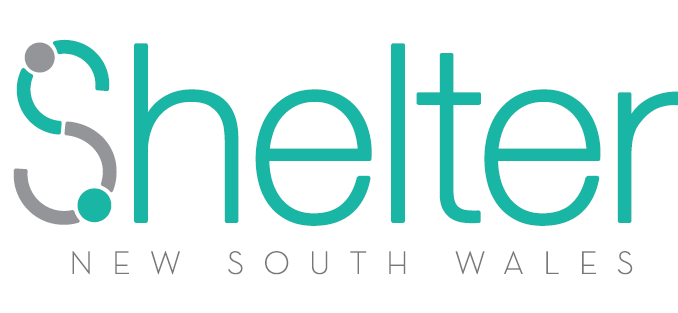By Sebastian Gutierrez-Hood, Shelter NSW member and volunteer
On the last Wednesday of October, 2020, Shelter NSW co-ordinated a Zoom webinar on aged housing in conjunction with the Housing for the Aged Action Group and Common Equity NSW. The event was the culmination of months of work with the Coolah Home Base Residents to share the story of their struggle for an affordable and autonomous retirement village co-operative.

Situated in central NSW, the Coolah Home Base community refers to the group of people occupying the long-term accommodation portion of an established caravan park. It is made up of an intentional community model of like-minded retirees with limited financial resources. The residents were all drawn to the community because they believed that, by investing, they would own a land and mobile home package in perpetuity with an assurance of a $55 per week site management fee to cover things like rates, garbage, sewage, water and park maintenance. Purchasing the real estate meant creating a home to headquarter their grey nomad lifestyles and an asset that could be sold when the time came to move on.
About 30 grey nomads bought into a company under the Corporations Act 2001 (Cth). The documentation stated that the company was not-for-profit and that any profits would be reinvested back into the park’s infrastructure. Each investor entered into a sale and purchase agreement by which they were issued a share in the company and either a land allotment on which there was a pre-existing cabin or vacant lot on which a cabin could be built. They paid between $20,000 for a vacant allotment to more than $200,000 for one with a substantial cabin. The residents were told by the vendors that the land would not be sold without the approval of at least 80% of the shareholders’ approval.
In 2014, however, it began to fall apart. After fraught annual general meetings and deteriorating relations with the directors, many shareholders began to question the financial management of the park. They were denied access to the financial reports and, in 2018, they made an application to the Courts to inspect the books of the company. The two directors acquired additional shares and became the majority and, in 2019, they used this majority to put the company into administration without agreement of the other shareholders. They then sold the land and the business to themselves through a new company – a classic Phoenix trading scheme.
It was at this point that the resident shareholders found out they no longer owned the site. The director/company owners tried to triple the site fees, began to dictate who could visit the residents at the site, where post could be delivered, and where cars could be parked. The deteriorating relationship culminated in the residents’ receiving threats of eviction.
Because the residents had spent all their superannuation savings, their access to legal advice and representation was limited. Instead, they endured a frustrating ‘hot potato’ around regulatory authorities and community organisations as the unique structure of the community meant this issue didn’t fall simply within any one organisation’s remit.
Having found affordable legal representation with the People’s Solicitors, the legal dispute in the NSW Civil and Administrative Tribunal, District Court of NSW and Supreme Court of NSW is ongoing. A key legal issue in that dispute is whether the Coolah Home Base is a caravan park or a retirement village under the Retirement Villages Act 1999 (NSW), which would offer significant safeguards.
The threat of losing their retirement savings, dreams and homes has had dire consequences for the residents. Most are on medication to cope with the stress of the fight to get their land back and, sadly, four of the residents have died since the litigation process commenced.
In June of this year, their solicitor approached Shelter NSW about the prospect of advocacy to support the Coolah Home Base Residents and lobbying for legislative reform to prevent the same circumstances arising again. Through the generous volunteer work of a student, Sebastian Gutierrez-Hood, Shelter NSW was able to investigate this issue and organise the webinar. Through opening communication around this issue, Shelter NSW aimed to firstly bring awareness and to start to discuss possible strategies that would protect against this same situation occurring in other intentional communities.

The story of the Coolah Home Base Residents is a cautionary one. In an Australian housing landscape in which people will likely be retiring with less equity and property prices continue to rise in urban Australia, pooling equity between a group of retirees to purchase land in regional area represents not only a viable but perhaps necessary housing alternative. Protecting initiatives like Coolah Home Base will require a thorough legislative framework of protections for corporations, intentional communities and cooperative housing alike.
The concept of the Coolah Home Base, despite the obstacles it has faced, remains a good one. Such an intentional community allows not only housing affordability but housing autonomy. Low-income, older people are able to live independent lives whilst developing a strong sense of community. Broadly, such communities can also have huge benefits for the social and economic life of local towns.
They say you can recognise pioneers by the arrows in their backs. Shelter NSW congratulates the nomads of Coolah Home Base and will continue inquiry in this field with the aim of identifying a viable, alternative structure to protect such residents.
